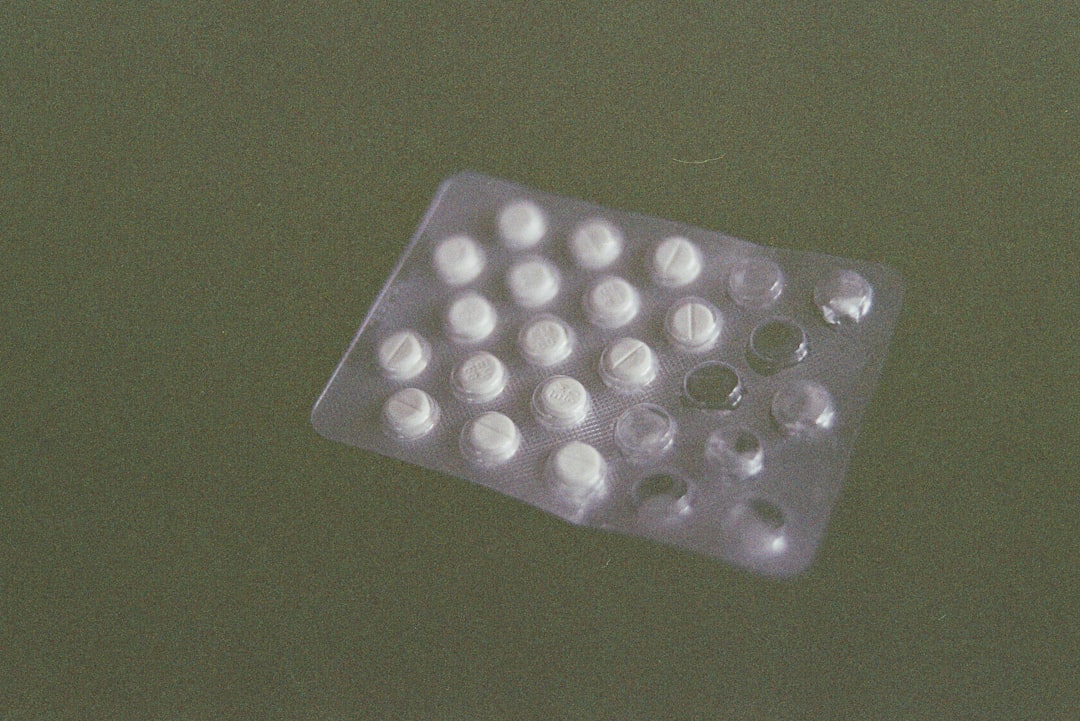What Alcohol and Drugs do to the Developing Brain
Introduction
The teenage years are a crucial time for brain development, as the brain undergoes significant changes and continues to develop until the mid-20s. During this period, it is important to understand the potential risks associated with alcohol and drug use, as they can have detrimental effects on the developing brain.
Alcohol and the Developing Brain
Alcohol is a commonly abused substance among teenagers, and its impact on the developing brain can be severe. When alcohol is consumed, it affects the communication between brain cells, leading to impaired cognitive function and memory loss. Heavy alcohol use during adolescence can also disrupt the development of the prefrontal cortex, which is responsible for decision-making, impulse control, and emotional regulation.

The Risks of Binge Drinking
Binge drinking, defined as consuming a large amount of alcohol in a short period, is particularly harmful to the developing brain. It can cause long-lasting damage and increase the risk of developing alcohol use disorders later in life. Binge drinking has been linked to memory problems, reduced attention span, and decreased academic performance.
Drugs and the Developing Brain
Drug use during adolescence can also have profound effects on brain development. Different drugs can impact the brain in various ways, but they all share the potential to disrupt normal brain function and interfere with the formation of neural connections.

Marijuana Use
Marijuana, one of the most commonly used drugs among teenagers, can have significant consequences on the developing brain. The active ingredient in marijuana, THC, affects the brain's reward system and can impair memory, attention, and learning abilities. Regular marijuana use during adolescence has been associated with a decrease in IQ and an increased risk of mental health disorders.
Stimulant Use
Stimulant drugs, such as cocaine or amphetamines, can lead to a surge of dopamine in the brain, creating feelings of euphoria. However, repeated use can disrupt the brain's natural dopamine production and lead to dependence. Stimulant use can also impair decision-making abilities and increase the risk of mental health issues.

Protecting the Developing Brain
It is crucial to educate teenagers about the risks associated with alcohol and drug use to protect their developing brains. Prevention programs, open communication, and parental involvement play a vital role in reducing the likelihood of substance abuse. Additionally, fostering a supportive and drug-free environment can help teenagers make healthier choices and prioritize their long-term brain health.
The Importance of Early Intervention
If a teenager is already struggling with alcohol or drug abuse, early intervention is crucial. Seeking professional help, such as counseling or treatment programs, can provide the necessary support to overcome addiction and minimize the potential long-term effects on the developing brain.
Conclusion
The developing brain is vulnerable to the effects of alcohol and drug use during adolescence. Understanding the risks associated with substance abuse and taking proactive measures to prevent or address it can help protect the long-term brain health of teenagers. By promoting awareness and providing support, we can ensure that the next generation grows up with a healthy and thriving brain.
The content on this site is for informational or educational purposes only, and does not substitute professional medical advice or consultations with healthcare professionals.